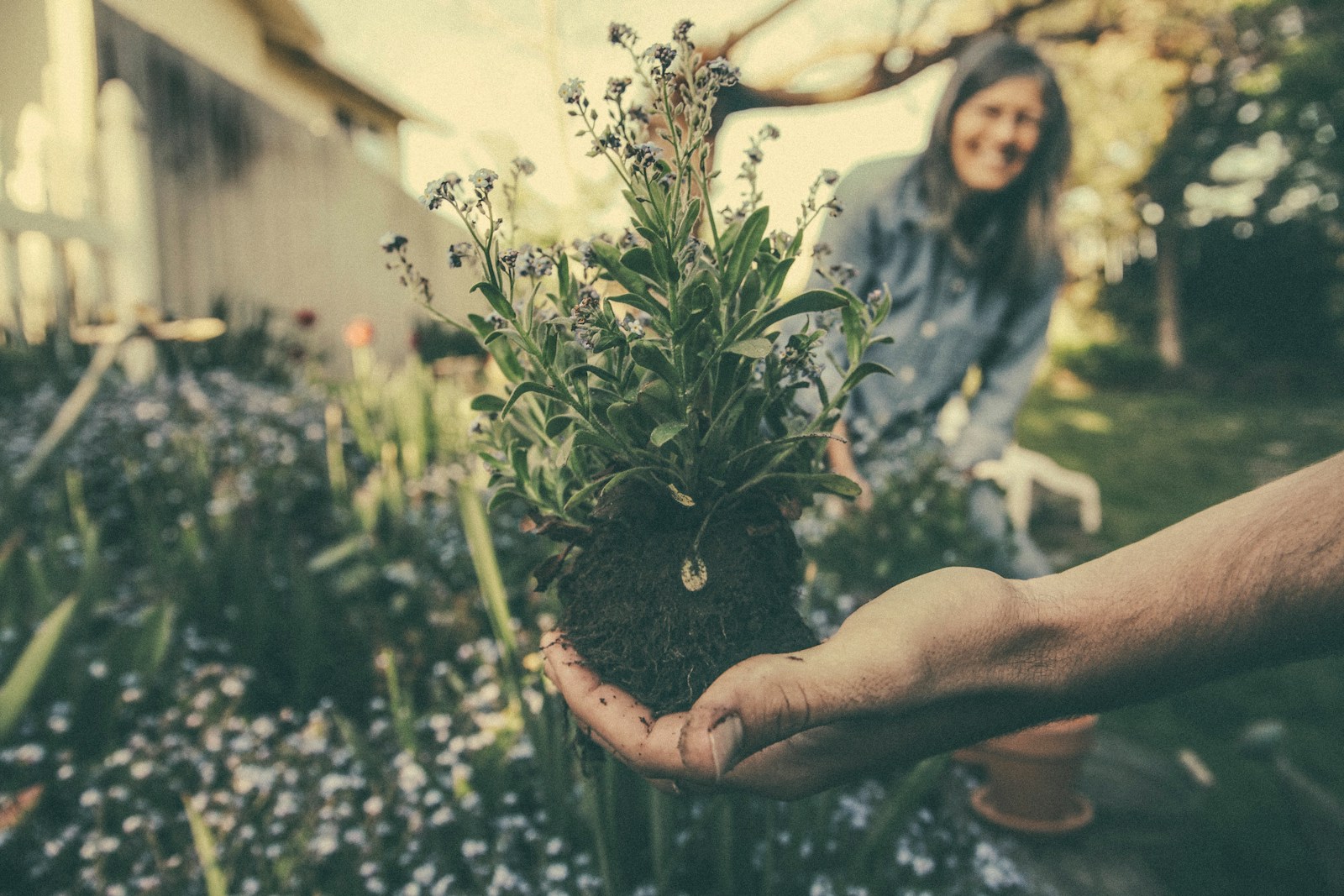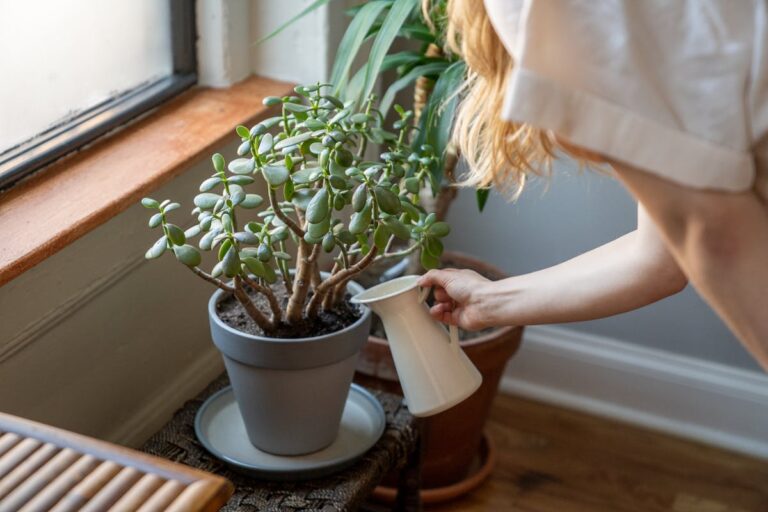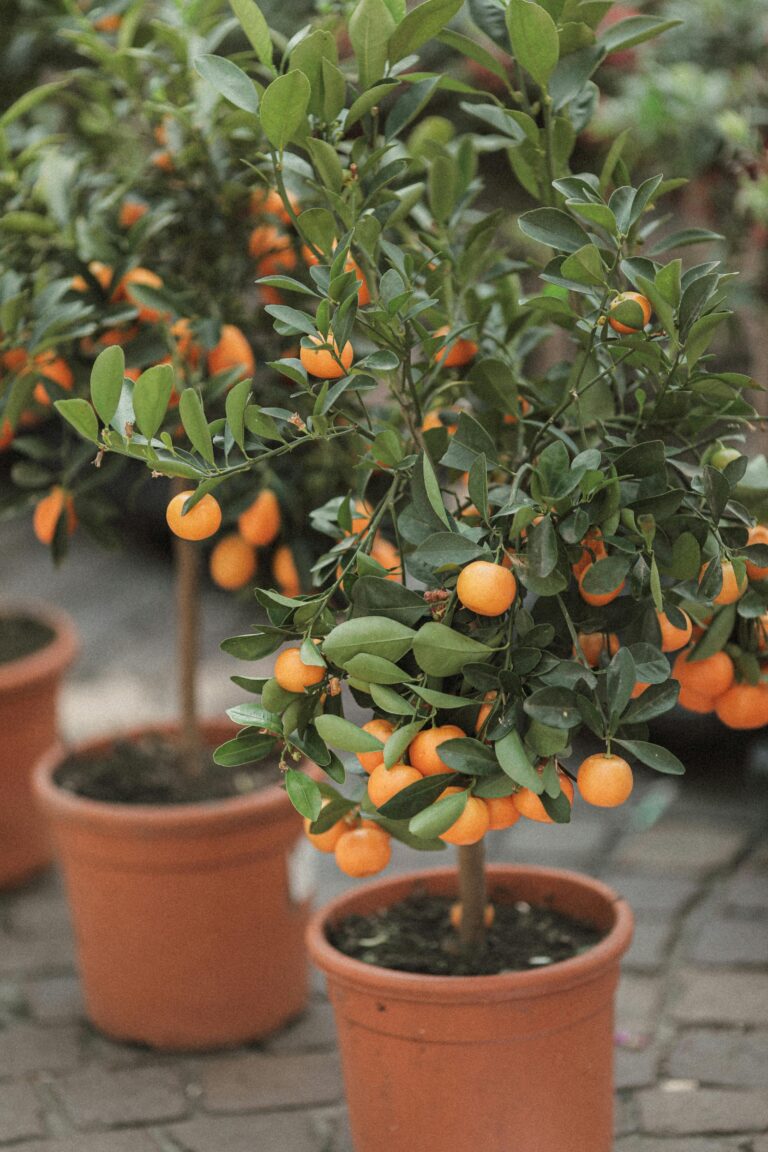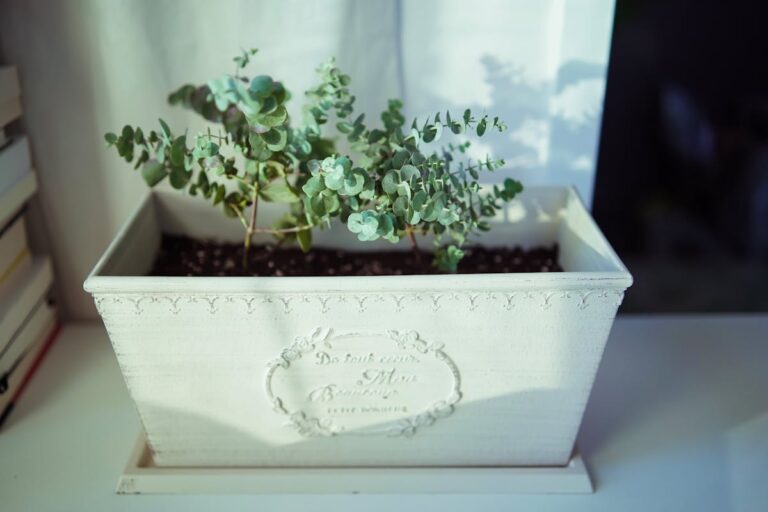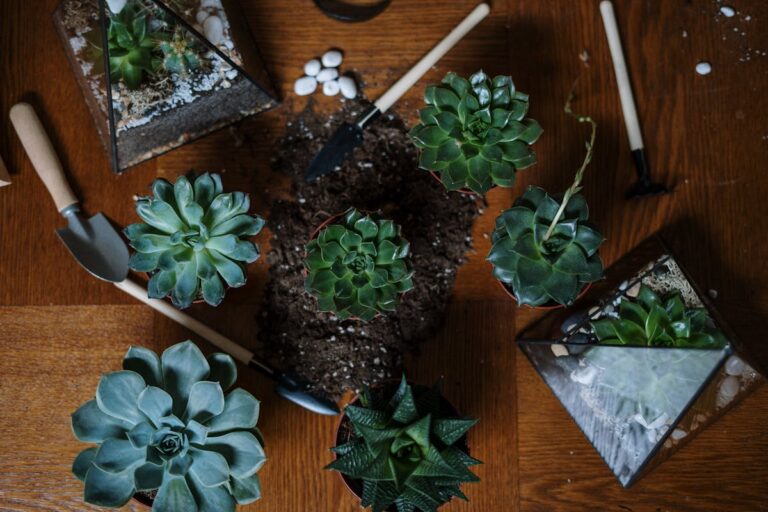The Connection Between Gardening and Mindful Living: Cultivating Calm and Joy in Everyday Life
For many people, gardening is more than just a hobby. It can become a way to find calm and focus, especially when life feels hectic.
Digging in the dirt and tending to plants can help you slow down. You might start to notice how your mind feels clearer and your stress eases with every visit to your garden.
The connection between gardening and mindful living is rooted in being present and noticing the world around you. Working with soil and plants encourages you to pay attention to small details. This gentle focus can help you let go of daily worries.
Gardening as a daily mindfulness practice

Simple gardening tasks like planting seeds or watering can draw your attention to the present. These moments invite you to notice what you’re doing right now.
You become more patient as you watch plants grow. Observing these changes can help you feel more connected to your surroundings.
The smells, colors, and textures in your garden are easy to miss when you rush. Paying attention to them can quiet busy thoughts.
Caring for plants is a way to practice kindness. This gentle care can spill over into how you treat yourself and others.
Connecting with nature’s rhythms
Gardening brings you in touch with the natural cycles of the seasons. You start to notice when it’s time to plant, water, or harvest.
Watching seeds sprout and flowers bloom connects you to the pace of nature. This slower rhythm encourages you to pause and enjoy the moment.
Patience grows as you follow nature’s timing. You realize that good things often take time.
Feeling the soil and hearing the wind are reminders that you’re part of something bigger. This connection can add a sense of peace to your time outside.
Reducing stress through plant care
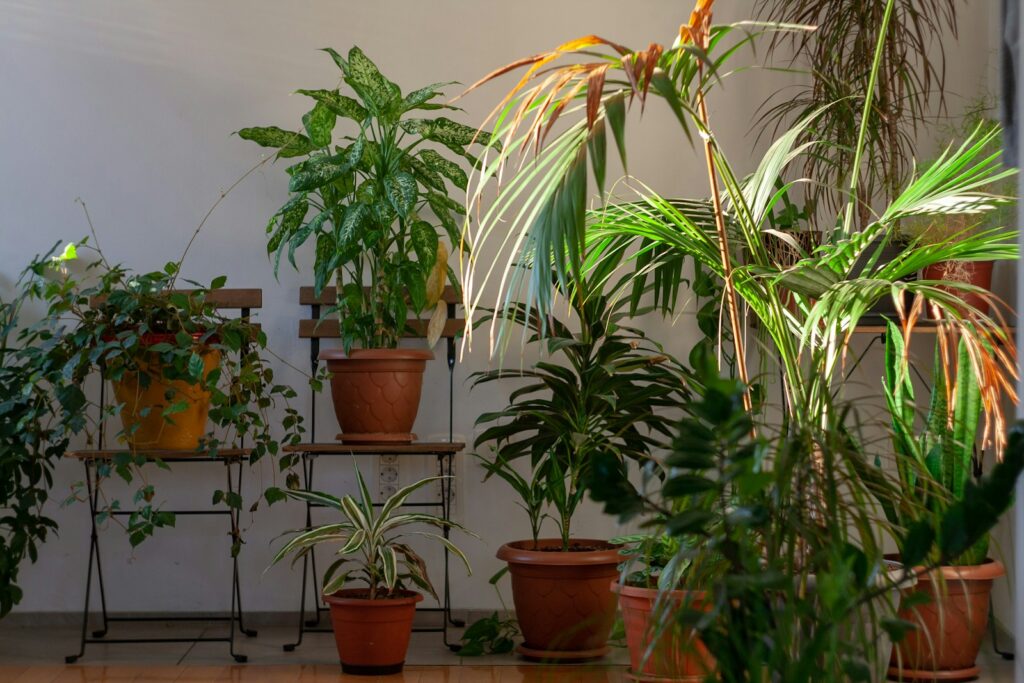
Caring for plants gives your mind a break from daily worries. Focusing on simple tasks like watering or pruning can help you relax.
This attention acts like a small meditation. Your body can respond by lowering stress hormones and helping you feel more at ease.
Being with plants and nature can lift your mood. It often brings a sense of calm that lingers after you leave the garden.
The routine of plant care can be comforting when life feels overwhelming. Even a few minutes with your plants can help you feel more grounded.
Patience learned from seed growth
Planting a seed is a lesson in patience. You have to wait for it to sprout, grow, and bloom.
Some seeds take longer to grow than you expect, and that’s okay. You learn to trust the process and let go of rushing.
Checking on your plants daily is a gentle reminder that growth takes time. You start to appreciate small changes, like new leaves or buds.
This kind of patience can spill over into other parts of your life. It teaches you to handle challenges with more calm and trust.
Enhancing mental clarity in the garden
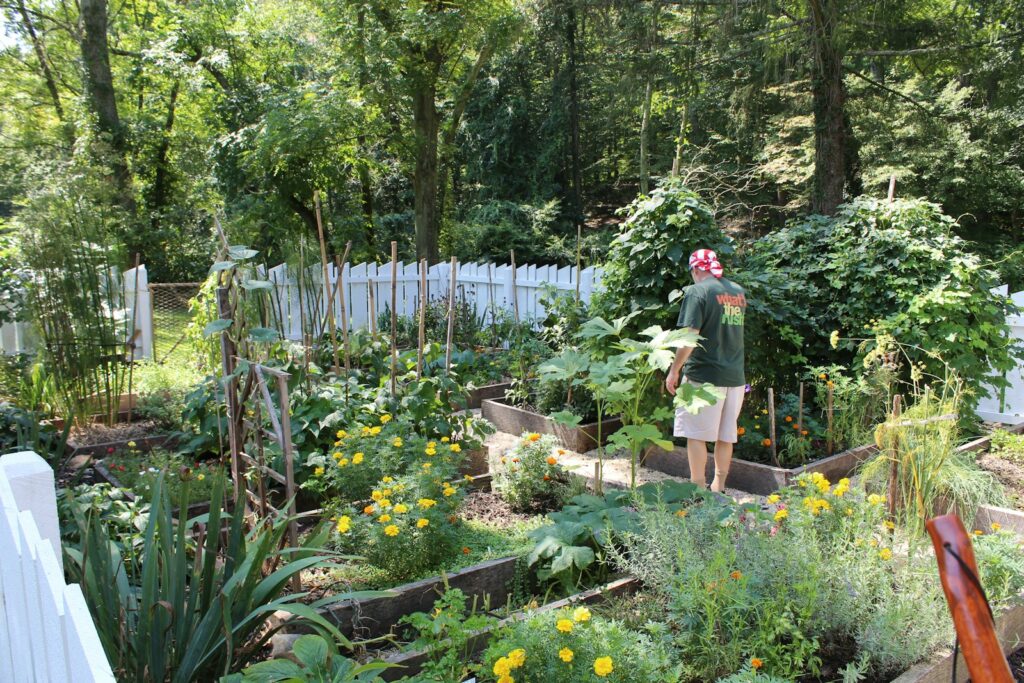
When you garden, your attention shifts to simple things like the feel of soil or the sight of new growth. This focus can help quiet distracting thoughts.
Spending time outside can lower your stress and help your mind settle. You might find it easier to think clearly after being in your garden.
The quiet and gentle rhythm of gardening encourages you to slow down. Simple acts like watering or pruning become moments of peaceful reflection.
These activities help you connect with yourself and your surroundings. This connection supports a clearer, more focused mind.
Cultivating compassion for self and environment
Gardening mindfully teaches you to be gentle with yourself and the world around you. You start to notice the needs of plants, soil, and even small insects.
As you care for your garden, you see how everything is connected. Your actions can make a difference in the environment.
Being patient with your garden is a way to be patient with yourself. Plants don’t change overnight, and neither do people.
Helping your plants thrive is a simple way to practice compassion. It becomes a small act of care for yourself and the earth at the same time.
Using gardening to lower cortisol levels

Gardening can help your body lower cortisol, the hormone that rises with stress. Even simple tasks like watering or pulling weeds can make you feel more relaxed.
Spending time outside with green plants and natural light adds to this calming effect. You don’t need a big yard—a few pots on a balcony can help.
Focusing on gardening tasks shifts your mind away from worries. This mindfulness can quiet your thoughts and reduce tension.
Making gardening a regular habit supports your mental health. Connecting with nature and yourself brings a sense of calm to your day.
Creating a balanced garden ecosystem
Think of your garden as a small world where everything works together. Supporting this balance helps your plants stay healthy and strong.
Choose plants that fit your local climate and soil. Native plants attract helpful insects and wildlife that keep pests in check.
Mixing different plants can create natural harmony. Some provide shade, while others give nutrients to the soil.
Mindful gardening means watching your garden change and responding thoughtfully. This helps you make choices that support the health of your plants.
Building this balance makes gardening more rewarding. It creates a space where nature works with you.
Experiencing peaceful presence outdoors

Stepping into your garden can feel like entering a quiet space away from daily stress. This time outside helps you focus on the present.
Noticing small details, like the color of leaves or the feel of soil, brings your attention to now. Gentle tasks like watering or digging help you slow down.
Fresh air and natural sounds can lift your mood. These moments make it easier to let go of stress and feel calm.
Spending time in your garden can refresh your thoughts. You might find it easier to carry this peaceful feeling with you throughout your day.
Building resilience through garden challenges
Every garden comes with its own set of challenges—bad weather, pests, or plants that don’t grow as planned. Facing these problems can teach you how to adapt and be patient.
Dealing with setbacks helps you practice resilience. Like a seed pushing through soil, you learn to keep going even when things are tough.
Gardening encourages you to accept imperfection and let go of control. This builds emotional strength and makes it easier to handle stress.
Caring for plants helps you develop problem-solving skills. You try new things, learn from mistakes, and adjust as you go.
How Gardening Encourages Mindful Living
Gardening invites you to slow down and pay attention to what’s happening right now. It connects you with nature and your senses in ways that help you let go of worries.
The Role of Nature in Present-Moment Awareness
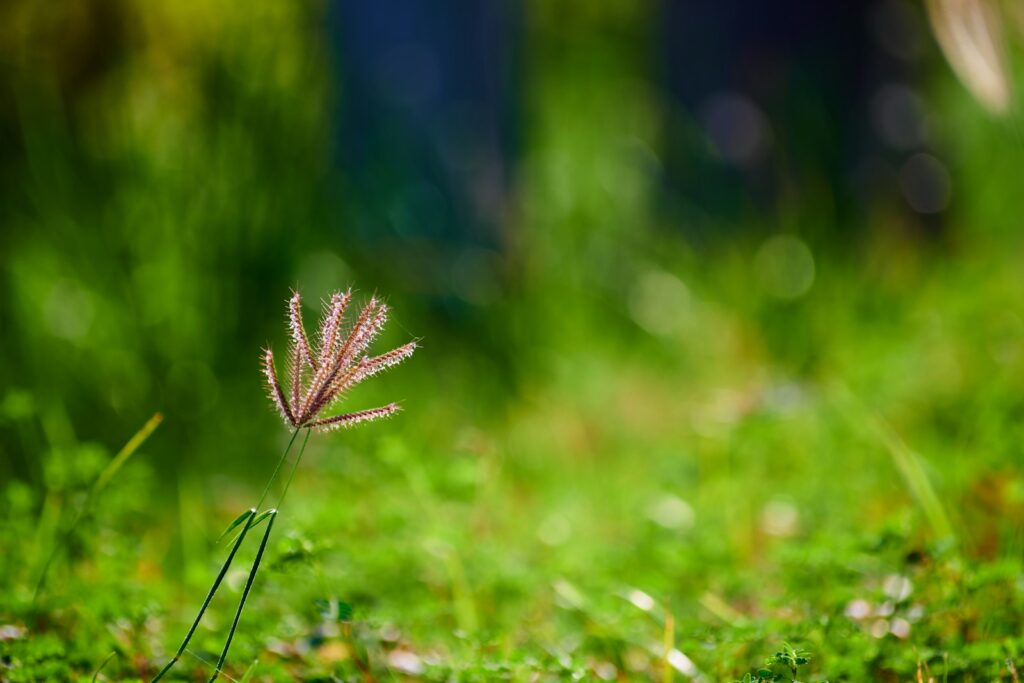
Working with living plants and natural cycles encourages you to notice growth and change. Watching a seed sprout or a flower bloom can help you practice patience.
The rhythm of nature helps you focus on what’s happening now, instead of past or future concerns. Being outside can also help your mind stay calm and clear.
Sensory Experiences in the Garden
Gardening wakes up your senses. You feel the soil, smell fresh plants, and hear birds or insects.
Touching leaves or digging in the dirt connects you to the task in front of you. The smells of herbs and flowers can bring a sense of peace.
Focusing on these sensory details keeps your mind rooted in the moment. It helps quiet distractions and brings calm.
Tips for Integrating Mindfulness into Gardening
You can bring more calm and focus to your gardening by paying attention to your breathing. Setting a simple intention before you start can help you enjoy each moment.
Breathing Techniques While Gardening

Tune into your breath as you work. Breathe deeply and slowly through your nose, feeling your lungs expand.
Try matching your breath with your movements. Breathe in as you reach for a tool, and breathe out as you plant or prune.
If you feel stressed, pause for a few deep breaths. Notice how your body relaxes and your mood shifts.
These small habits can help keep your energy steady and your mind present while you garden.
Setting Intentions Before You Begin
Think about what you hope to get out of your gardening time. Maybe you want to unwind, clear your mind, or just enjoy being outside.
You might find it helpful to say your intention out loud or jot it down in a notebook. For example, you could tell yourself, “I will enjoy the sounds around me,” or “I will care for my plants patiently.”
Giving yourself a purpose can make the experience feel more rewarding. It is a simple way to stay present and really connect with your garden as you work.

